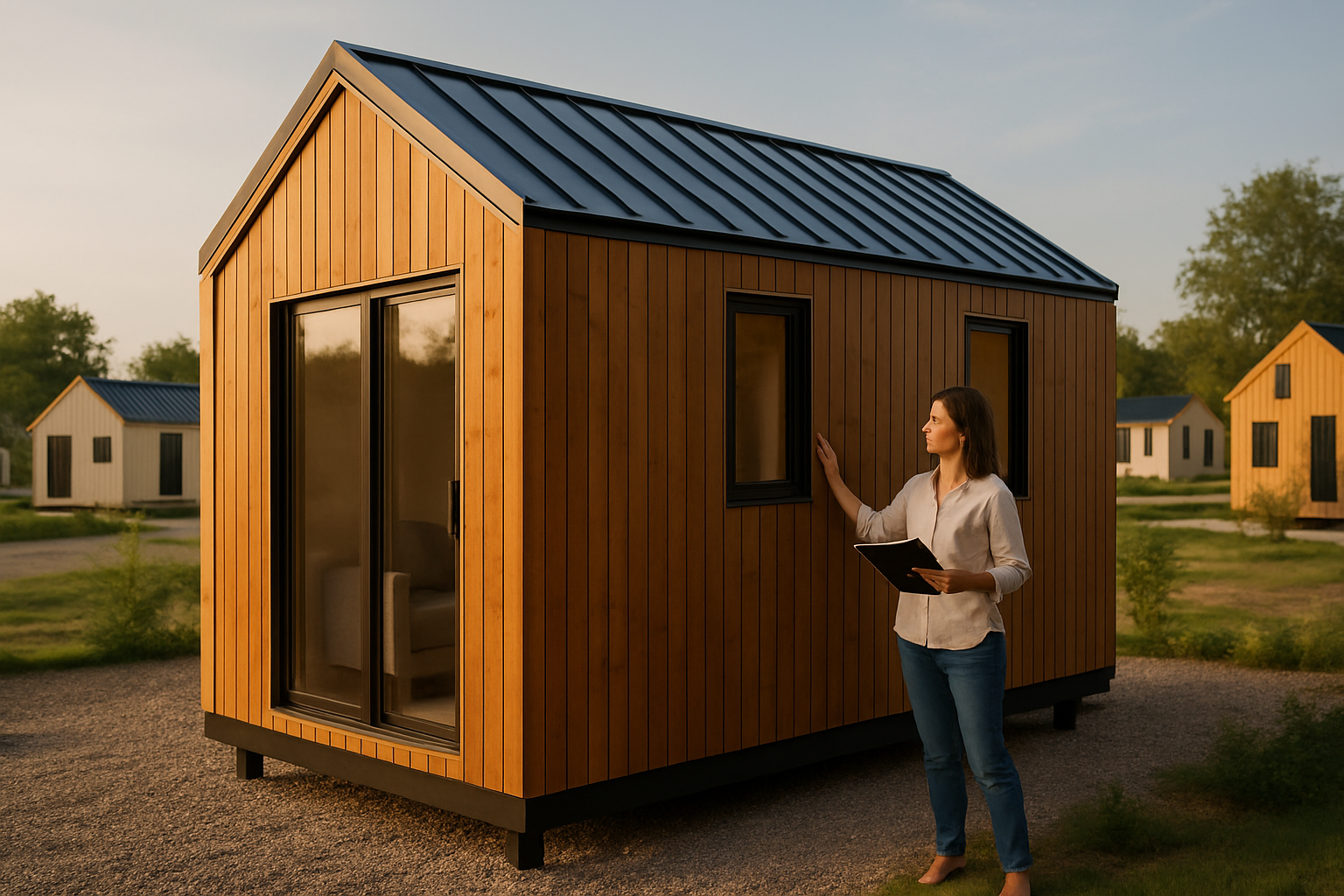What to Know About Modular Cottage Homes
Modular cottage homes and prefab cottages reflect a growing interest in compact living. This guide explores how these homes are designed, what factors may influence cottage house costs, and how small cottages can vary in structure, layout, and construction methods.

What Are Modular Cottage Homes?
Modular cottage homes are prefabricated residential structures built in sections or modules in a factory setting. These modules are then transported to the building site and assembled to create a complete home. Unlike traditional stick-built homes, modular cottages offer a streamlined construction process, often resulting in faster completion times and reduced on-site waste.
How Do Modular Cottages Differ from Traditional Homes?
The primary difference lies in the construction process. While traditional homes are built entirely on-site, modular cottages are largely constructed in a controlled factory environment. This approach offers several advantages:
-
Quality control: Factory construction allows for stricter quality standards.
-
Weather resistance: Modules are protected from weather-related delays and damage during construction.
-
Faster build times: Much of the work is completed before site preparation begins.
-
Reduced waste: Precise factory measurements lead to less material waste.
What Are the Benefits of Choosing a Modular Cottage Home?
Modular cottage homes offer numerous advantages for homeowners:
-
Cost-effectiveness: Factory construction often results in lower overall costs.
-
Energy efficiency: Many modular homes are designed with energy-saving features.
-
Customization: Buyers can often personalize layouts and finishes.
-
Durability: Factory-built modules are engineered to withstand transportation and assembly.
-
Reduced environmental impact: Less on-site construction means less disruption to the surrounding area.
How Does Sustainable Design Factor into Modular Homes?
Sustainable design is a key feature of many modular cottage homes. Manufacturers often incorporate eco-friendly materials and energy-efficient systems into their designs. Some common sustainable elements include:
-
High-quality insulation for improved energy efficiency
-
Energy-efficient windows and doors
-
Solar panel integration or solar-ready roofing
-
Low-flow plumbing fixtures
-
Use of recycled or sustainable building materials
What Should You Consider When Buying a Modular Cottage Home?
When considering a modular cottage home, keep these factors in mind:
-
Local zoning laws and building codes
-
Site preparation and foundation requirements
-
Transportation costs for modules
-
Customization options and limitations
-
Warranty and after-sale service offerings
-
Financing options (some lenders may have specific requirements for modular homes)
How Much Do Modular Cottage Homes Typically Cost?
The cost of modular cottage homes can vary widely based on factors such as size, customization, and location. However, here’s a general pricing guide based on typical benchmarks:
| Size (sq ft) | Base Price Range | Finished Price Range |
|---|---|---|
| 400-800 | $40,000-$80,000 | $80,000-$160,000 |
| 800-1200 | $80,000-$120,000 | $160,000-$240,000 |
| 1200-1600 | $120,000-$160,000 | $240,000-$320,000 |
Prices, rates, or cost estimates mentioned in this article are based on the latest available information but may change over time. Independent research is advised before making financial decisions.
It’s important to note that these prices are estimates and can vary significantly based on location, customization, and specific manufacturer. Additional costs may include land purchase, site preparation, utility connections, and local permits.
In conclusion, modular cottage homes offer an innovative solution for those seeking efficient, sustainable, and customizable living spaces. With their blend of modern design, eco-friendly features, and potential cost savings, these homes are becoming an increasingly attractive option for a wide range of homebuyers. As with any significant purchase, thorough research and careful consideration of individual needs and local regulations are essential when deciding on a modular cottage home.




